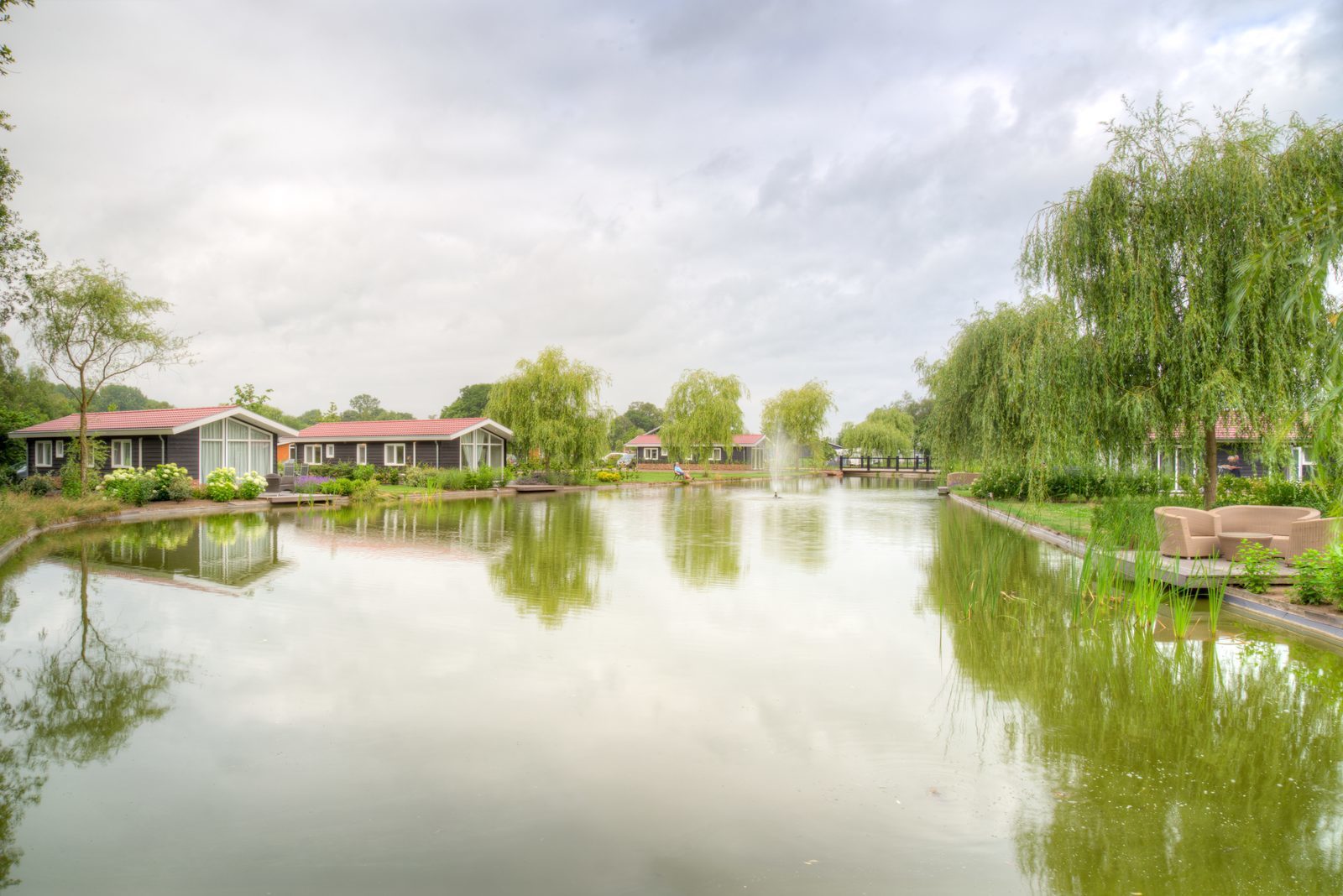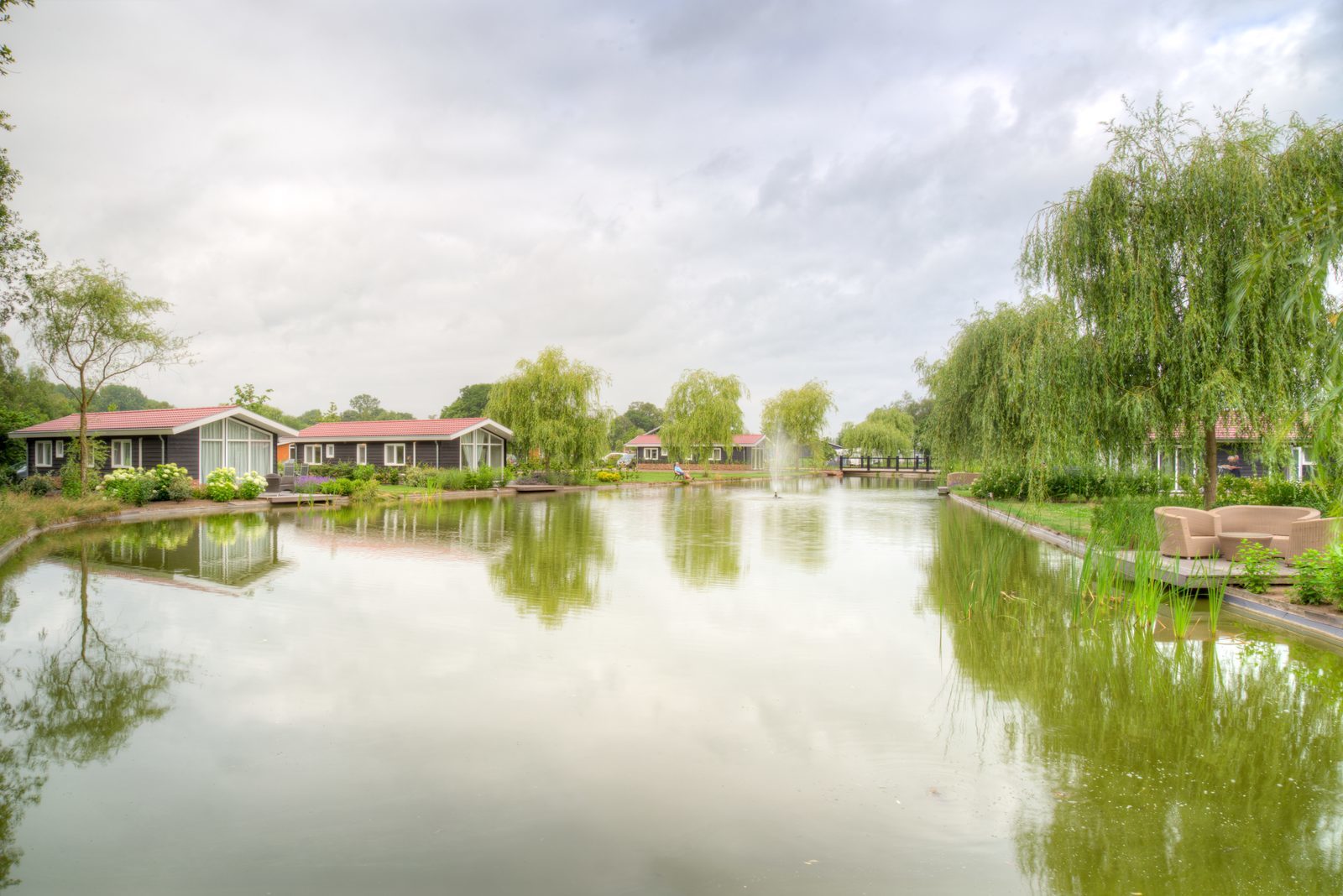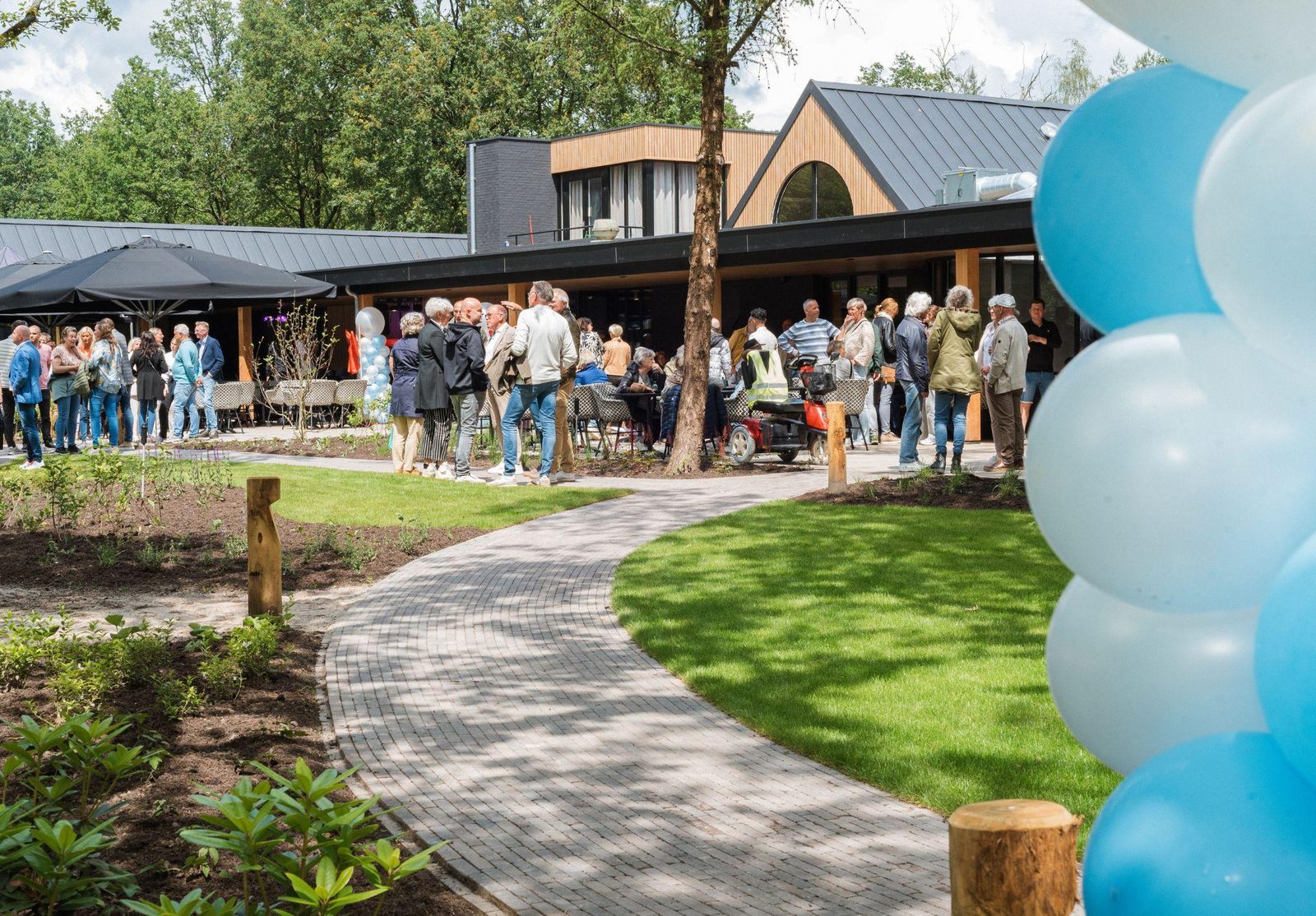
NVM.nl: "Market dynamics for holiday accommodations keep rising."
- Home
- NVM.nl: "Market dynamics for holiday accommodations keep rising."
The market for holiday accommodations in The Netherlands keeps growing. Last year, the demand increased by no less than 15%, resulting in a sale of 4,330 holiday accommodations. The average transaction price increased by 6% to 148,450 Euros, but stays slightly more than 20,000 below 2008's record year.
In 2017, the demand decreased for the first time in ten years. In addition, the regional differences keep increasing. "We see a clear division in the market for holiday accommodations", says NVM chairman Ger Jaarsma. "This division can be seen both between strong and weak areas, and between old and new offers." Jaarsma bases his claims on the results of the annual study concerning the holiday accommodation market in The Netherlands, carried out recently by the Bureau of Urban Planning on behalf of the NVM.
Regionally, the recent developments in Zeeland stand out the most. Jaarsma: "This region shows construction of more holiday accommodations than any other, but the demand in Zeeland grows steadily as well. Jaarsma is a little concerned about the balance in the offer of holiday accommodation in this province: the offer is drying up in the lower price ranges, while it increases sharply in the upper segments. A little more so than might be desirable from a market perspective." Out of all holiday accommodations in the price range exceeding 500,000 Euros, nearly half is on offer in Zeeland. The average asking price in Zeeland, like last year, has increased dramatically (over 20%), setting it currently at 428,471 Euros.
The same seems to apply to the Frisian Islands: what is expensive becomes even more so, and the declining offer and growing demand work to drive up the prices. The average transaction price on the Frisian Islands is over double that of the Dutch average: 351,888 Euros in 2017.
Equally dynamic are the developments in the lower range of the market. "The trend of renovating and transforming outdated parks continues to be more clearly defined", believes Jaarsma. Although strict municipal (enforcement) policy remains an obstacle, there is a clear increase in the policy attention given to the matter. The Vital Holiday Park program at the Veluwe seems to be bearing its first fruit as a result. Jaarsma: "Declining offers and static prices seem to be improving the balance in this regional submarket right now. Other provinces like North Brabant and Zeeland, too, are preparing policies to renovate or transform outdated offers."
Holiday accommodation as an occupational destination or investment object
Due to the increased pressure on the housing market, an increasing number of holiday parks serve a useful purpose as temporary or semi-permanent occupational destinations. Their nature differs greatly per region, depending among other factors on the kind of user. "This faces governments with a dilemma, forcing them to think about the future perspective of parks as purely recreational in their use", says the NVM chairman. "For instance, the municipal council in Harderwijk decided in January to formally transform four holiday parks into residential areas because they had already been permanently inhabited for years."
In the market's upper ranges, the NVM sees a rapid emergence of an exclusive top segment, manifesting itself primarily in Zeeland. The market for holiday accommodations is linked to the housing market in this segment as well, because permanent habitation is sometimes allowed in this province too: living and recreation meet each other in these small-scale luxury projects.
At the same time, the holiday accommodation as an investment object gets increasing attention. Jaarsma: "Depending on specific regional market conditions, we notice that primarily the segment between 250,000 and 500,000 Euros is quite interesting. The increase in total demand is highest in this segment as well. This definitely applies to attractive areas like the coast of Zeeland. In other regions, there is barely any chance at returns purely based on recreational rental activities. Even parks of good quality are growing more dependent on the short stay market, but are increasingly faced with legal planning obstacles in the process.
The most important factors to keep in mind when purchasing a recreational accommodation, besides specific rental opportunities, are the object's relative quality and location, the funding and the yearly fees. These determine the conversion of gross to net yields."
Trends and developments in the recreational housing market
The market for recreational housing shows a previously unseen dynamic, both at the upper and lower ranges of the market. Jaarsma: "To start with the latter, more and more parks struggle to survive, and increasingly owe their existence to non-tourist uses. In some regions, notably in North Brabant, we see an increased occurrence of degradation. In addition to renovation, we're currently noticing parks that are considering transformation. In increasingly frequent cases, holiday parks serve the purpose of temporary or semi-permanent housing for various types of demographic groups in practice."
A crowded Dutch market poses the increasing challenge of surprising the guest, forcing recreational companies to keep reinventing themselves. "This is increasingly noticeable in two forms", Jaarsma knows. "First, we see an increase of holiday parks near, for instance, the Efteling, Beekse Bergen and Slagharen. On the other hand, holiday parks offer day attractions and new facilities with increasing frequency. "Water entertainment investments" are a clearly observable trend, and "family entertainment centers" are occurring as part of resorts more often". Especially the major players are investing heavily. For instance, Landal has set aside investments worth 300 million for the next few years, mainly for the purpose of "investments in quality". Those who are not, or insufficiently, able to keep up with this development, will find it increasingly difficult to stay afloat as a holiday park.
Prospects: increasing prices due to growing demand and a declining offer
The prospects for the future of the recreational housing market is labeled as generally positive by the NVM. Jaarsma expects the offer to keep declining, primarily in the lower segment, and the average transaction price to increase more sharply. "Now that the demand for holiday accommodations will keep increasing over the upcoming years, we can see plenty of opportunities for redevelopment of outdated parks. In many locations, this includes the repurposing of regular accommodations as an option. According to the NVM chairman, there is a guaranteed role for the NVM broker in this matter. "In addition to advising in the construction of new holiday parks, their up-to-date market expertise can be especially valuable during redevelopment of outdated parks."
NVM's participation in the Second Home Expo
This year, the NVM organization will be present at the September edition of the Second Home Expo for the first time. The exposition is held in the Jaarbeurs location in Utrecht from Friday 28 September until Sunday 30 September. The Second Home Expo is the exposition for the interested consumer to get informed during their search for a recreational accommodation. Nearly 40% of the exhibitors at the expo focuses specifically on recreational real estate in The Netherlands.
During three days of the exposition, the NVM will organize a seminar for those attending about the Dutch market for recreational accommodations, tips and tricks during purchase as well as the value of using the expertise of a (specialized) NVM broker. More information and the program can be found at www.secondhome.nl.





